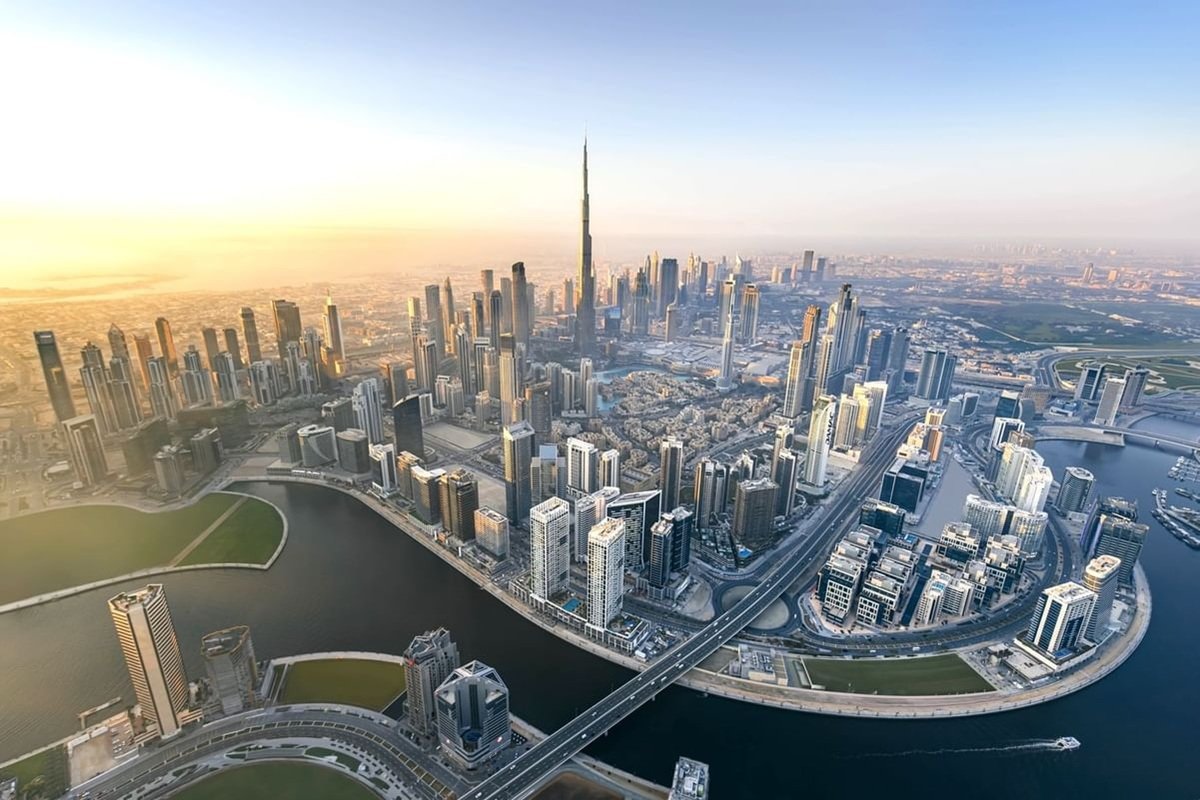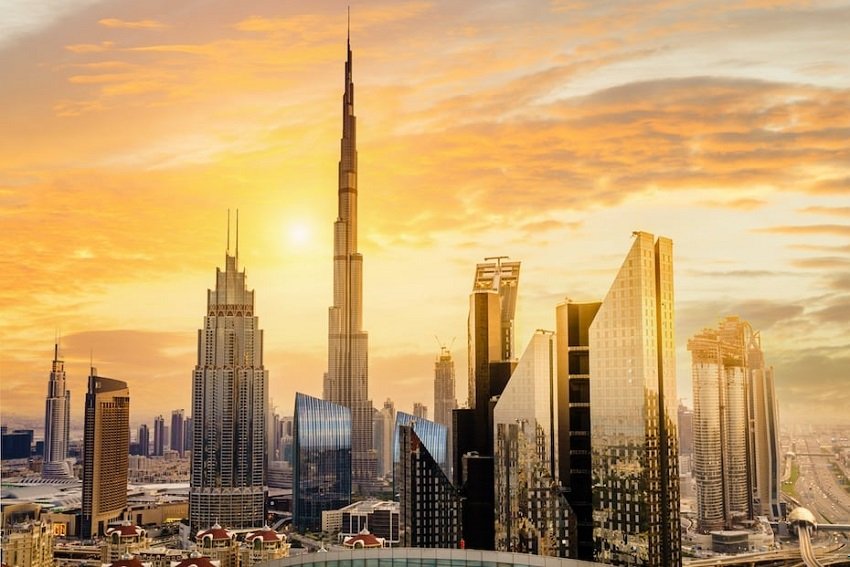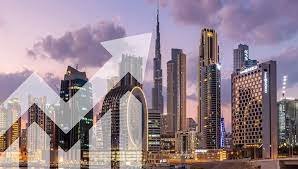
Dubai’s property market has long been a magnet for expatriates seeking investment opportunities, luxury living, and financial growth. With a strong economy, tax-free advantages, and futuristic urban developments, Dubai continues to rank among the most desirable destinations for property investors worldwide. However, as the market evolves in 2025, understanding the emerging trends is crucial for expat investors aiming to maximize their returns and minimize risks.
This guide explores the most important Dubai real estate trends that every expat investor should know—covering market growth, investment hotspots, property types, government policies, and long-term opportunities shaping the future of Dubai real estate.
Over the past few years, Dubai’s real estate landscape has undergone a transformation driven by global economic shifts, lifestyle changes, and new government reforms. The market that once heavily depended on luxury villas and premium apartments now sees rising demand across diverse property categories, from affordable housing to eco-conscious communities.
In 2025, the trend is clear—Dubai is no longer just a market for the elite. It’s becoming more inclusive, offering opportunities for every investor profile, from mid-range buyers to global millionaires. This shift has helped stabilize the market, reducing volatility and attracting long-term investors instead of short-term speculators.
While luxury developments like Palm Jumeirah and Downtown Dubai continue to thrive, the biggest growth driver for 2025 is the mid-market housing segment. Expats looking for steady rental yields are finding excellent value in emerging communities such as Jumeirah Village Circle (JVC), Dubai South, and Arjan.
Developers are now focusing on creating well-planned, affordable residential areas that cater to working professionals and families. This approach not only meets the growing housing demand but also ensures a balanced market that supports both investors and tenants.
Key trend: The rise of affordable communities offering high ROI and long-term rental stability.
Dubai’s vision to become one of the world’s most sustainable cities by 2040 is reshaping its property sector. Smart homes, green buildings, and energy-efficient communities are no longer niche—they are the new standard.
Developers are integrating advanced technologies like AI-driven building management, solar energy systems, and smart waste solutions to attract eco-conscious expat investors. Communities such as Dubai Hills Estate and The Sustainable City exemplify this movement, combining luxury with low environmental impact.
Why it matters for investors:

With Dubai’s tourism sector thriving post-pandemic and global professionals increasingly choosing flexible lifestyles, the co-living and short-term rental segments are booming. Platforms like Airbnb and holiday home management companies are seeing record activity, especially in popular districts like Business Bay, Marina, and Downtown Dubai.
Expat investors are capitalizing on this trend by purchasing furnished apartments specifically for short-term leasing. These units deliver higher yields compared to long-term rentals, although they require active management or partnership with licensed operators.
Investor insight:
Technology is redefining how expat investors buy, sell, and manage properties in Dubai. From virtual tours to blockchain-based transactions, digital solutions are making real estate investment faster, more transparent, and globally accessible.
Dubai Land Department (DLD) has introduced digital title deeds, e-registration, and online mortgage tools, allowing investors abroad to complete property transactions remotely. PropTech startups are also offering AI-based valuation, digital escrow services, and predictive market analytics to empower investors with data-driven insights.
Trend takeaway: The digitalization of property transactions is reducing barriers for foreign investors and streamlining cross-border investments like never before.
Following the success of Expo 2020, Dubai’s upcoming Expo 2025 initiatives are reigniting excitement in the city’s infrastructure and hospitality sectors. The Expo site’s transformation into “District 2025”—a smart city hub of innovation, business, and tourism—is expected to further elevate property values in surrounding areas like Dubai South, Expo City, and Emaar South.
For expat investors, this means early entry into these zones could result in strong capital appreciation as the new district evolves into a central economic hub.
Dubai continues to offer some of the most competitive rental yields globally—ranging from 6% to 10% in many prime and mid-tier areas. Unlike many mature property markets, Dubai’s tax-free system and absence of annual property taxes make these yields even more attractive for expatriates.
Neighborhoods such as Jumeirah Lake Towers (JLT), Al Furjan, and Dubai Creek Harbour are among the hotspots providing consistent rental returns, driven by both local demand and expatriate relocation.
Market forecast for 2025:

One of the most significant game-changers in Dubai’s property market is the UAE Golden Visa program. Expats who invest in properties worth AED 2 million or more can now secure long-term residency, providing them with stability and confidence to invest larger sums in real estate.
This initiative has opened doors for global investors from countries such as India, the UK, and Russia who are seeking both profitable investments and lifestyle security. Additionally, it encourages foreign nationals to reinvest in multiple properties rather than limiting ownership to a single asset.
Investor advantage: Long-term residency options make Dubai property ownership more appealing, secure, and strategic for expatriates planning long-term stays.
While affordable and mid-tier markets are expanding, Dubai’s luxury real estate continues to command international attention. Ultra-high-net-worth investors are drawn to branded residences, penthouses, and waterfront villas offering unparalleled exclusivity and amenities.
However, a shift is noticeable—today’s luxury buyer seeks lifestyle-driven properties rather than mere opulence. Communities such as Palm Jebel Ali, Dubai Marina, and Bluewaters Island now blend sophistication with sustainability, privacy, and world-class infrastructure.
Emerging luxury trends:
The UAE government continues to make strategic moves to strengthen investor confidence. Recent policy updates such as relaxed ownership laws allowing full foreign property ownership in most freehold areas and simplified business licensing procedures have positioned Dubai as one of the most open markets globally.
Additionally, streamlined visa reforms and investor-friendly mortgage policies are attracting long-term expats and global investors who were previously hesitant due to regulatory complexities.
What this means for expats:
Certain neighborhoods in Dubai are gaining special attention among expatriate investors due to their growth potential and lifestyle appeal.
Top investment zones:
Each of these districts reflects Dubai’s balanced approach to growth—combining infrastructure, amenities, and accessibility to create holistic communities that attract both residents and investors.
Despite Dubai’s strong fundamentals, expat investors should remain aware of potential risks:
Conducting due diligence, partnering with reputable developers, and seeking professional property management can mitigate these challenges effectively.
Dubai’s real estate market is transitioning from a cyclical to a more sustainable phase, driven by long-term residency incentives, digital transformation, and economic diversification. The emirate’s ambition to double its population by 2040 ensures consistent demand for housing, commercial spaces, and investment opportunities.
For expatriate investors, the key to success lies in strategic diversification—balancing between luxury, mid-tier, and short-term rental assets while keeping an eye on infrastructure-led growth areas.
The combination of strong returns, stability, and lifestyle appeal makes Dubai one of the most promising property markets globally in 2025 and beyond.
Dubai has mastered the art of reinventing itself—and its property market is no exception. For expat investors, 2025 presents a unique window of opportunity to tap into a maturing market supported by smart regulations, innovation, and sustained global demand.
Whether you are seeking a family home, a short-term rental property, or a long-term investment for capital appreciation, Dubai offers an unmatched balance of growth potential and lifestyle value. Understanding these emerging trends will empower you to make informed decisions and secure your place in one of the world’s most dynamic real estate markets.
Do Follow Estate Magazine on Instagram
Read More:- Dubai’s Innovative AI Strategies Changing Daily Life Rapidly 2025
